“Secondhand sadness” is a new phrase I heard recently. I thought it was a made-up emotion. I thought I would Google it to find nothing. I was surprised to find that it is a psychological phenomenon in which we experience someone’s sadness as if it was our own.
My daughter defines secondhand sadness as empathy that hurts. Empathy is the ability to understand and share the feelings of others, but this is deeper. Unfortunately, this real pain created within us is affecting our success.
My daughter lamented after a full day of work, feeling a little secondhand sadness. She has an acquaintance who is experiencing some tough challenges in life. This person is not a close friend, yet she feels deep emotion and sadness.
When I think of medical professionals, social workers, police officers, teachers, veterinarians, I can imagine that they all take on sadness based on what is happening in other people’s lives. Can you imagine, as doctors, sharing bad news with a patient? How can they do their job and enjoy it?
When my husband had cancer, I asked the doctors and nurses, “What gets you up in the morning to come into work? There is a lot of sadness happening around here.” These professionals see the situation differently than I do. They are excited to do the research and to offer people hope. They choose not to focus on the sadness.
Not every sad circumstance gives secondhand sadness. I do not even know if I can figure out what will trigger it in me. More importantly, though, when it does hit, what can I do? I cannot take on the world’s weight and be productive and valuable to the other people around me.
I asked my daughter how she pushes herself out of this emotion. She goes home. That makes sense. After a long day, sometimes you just need to go home and decompress. But that is not what she meant. Returning home to her apartment, around her friends, in her community is not always enough. Instead, she needs to remove herself from the familiar environment and travel three hours to come to my house, her childhood home. That is what she did last weekend. She came home for the night.
We went out to eat, watched a movie, built a fire in the fireplace and laughed and giggled before bedtime. We did not talk about work or school. This distraction refocused her mind and helped her get out of that secondhand sadness rut.
The more I research this new term, the more I realize that I am not immune from this emotion. It happens to me, too. What do I do when secondhand sadness catches me?
I stay busy. Going from meeting to meeting throughout my day creates quick transitions in my mind. I am not able to dwell too long on someone else’s situation. I need to refocus and be at my best for my next client or family member.
Pause and pray. There is a lot in my job as a consultant, mother or friend that I cannot help. I can lend an ear and offer creative ideas, but I cannot take the issue away. I cannot give a cure or fix it. Prayer allows me the time to think through the burden that I feel and then dump it on someone who can take care of it better than me.
Think differently. Like the medical professionals who enjoy working in the cancer ward because of the hope they offer their clients, I enjoy the challenge of thinking differently and looking for opportunities in the struggle.
Psychologists share these suggestions to protect ourselves from secondhand sadness:
- Be empathetic rather than sympathetic. Developing empathy helps protect us from the emotions of others.
- Make listening a priority. When a friend is sharing a difficult situation, listen to hear and understand what they are experiencing, feeling, and thinking.
- Avoid thinking about how you would react if it were you. Instead, listen to how your friend responds and what it means for them.
We must be aware of something before we can beware. Now that I am aware of this newly defined emotion, I can better manage my reaction. Secondhand sadness is somebody else’s challenge. We might feel others’ pain, but we do not have to live in the torment.
Kathie Rotz is a leadership consultant and John Maxwell certified speaker, trainer and coach with Unity Consulting in Dubuque.

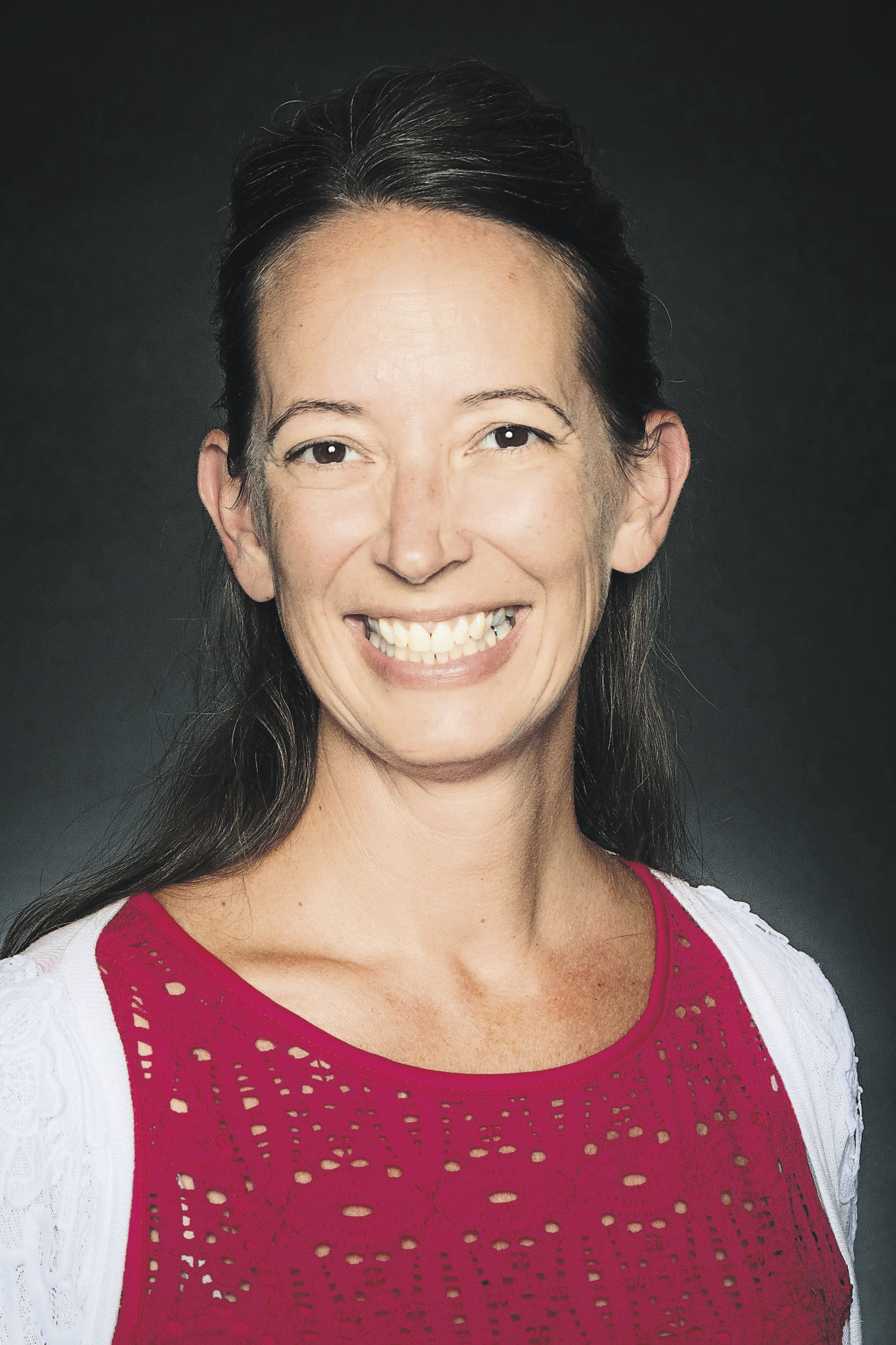
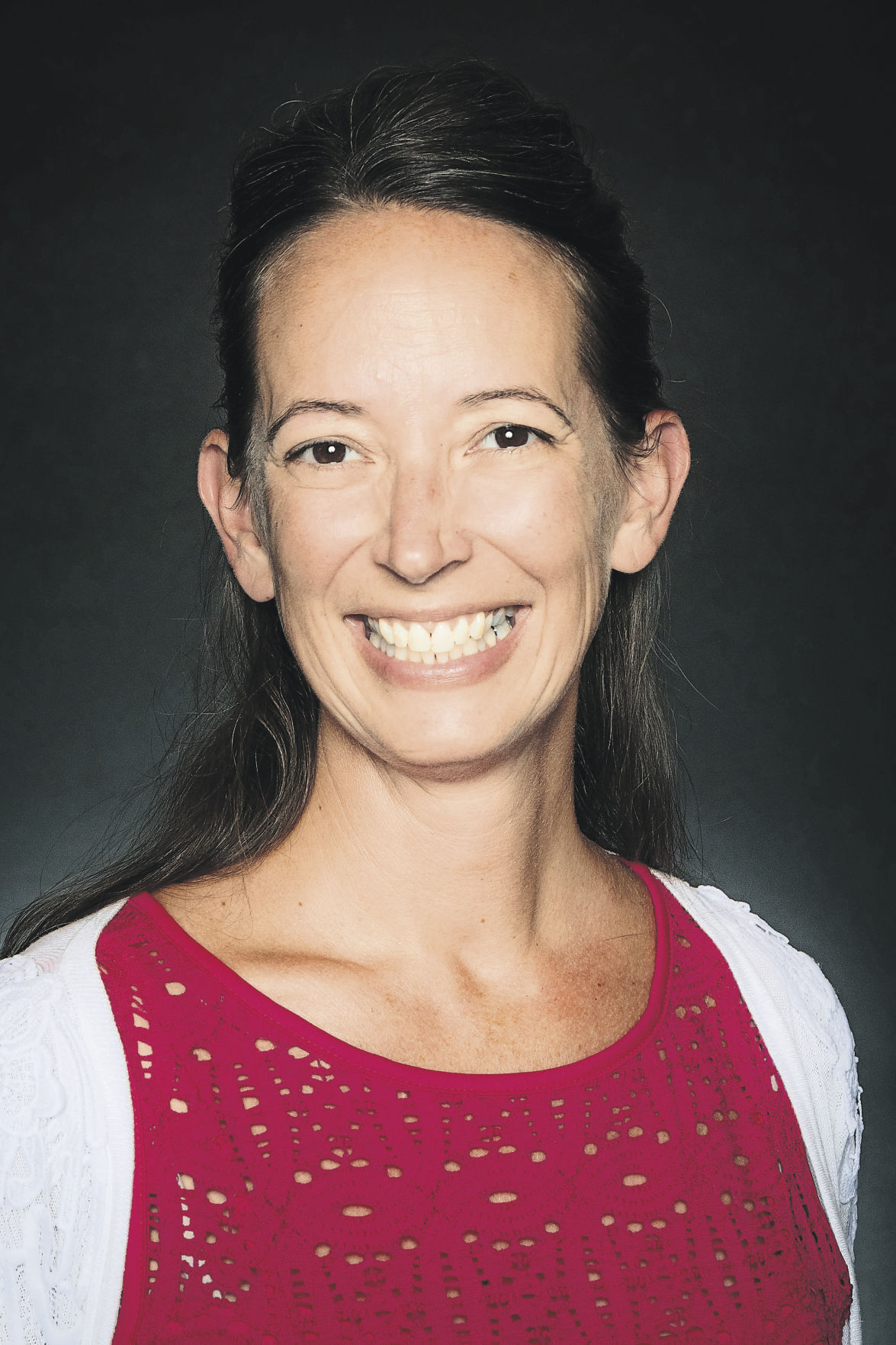
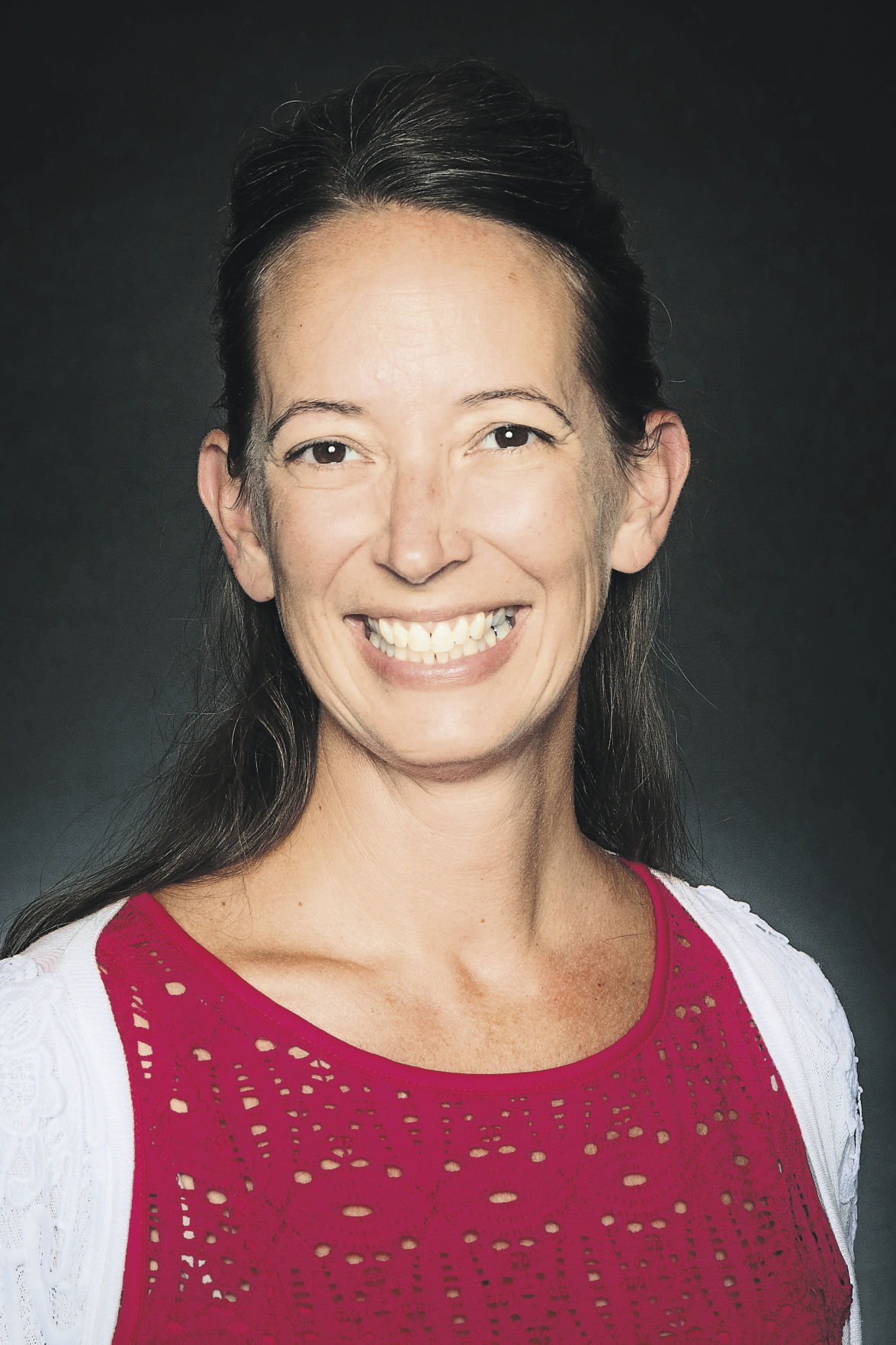
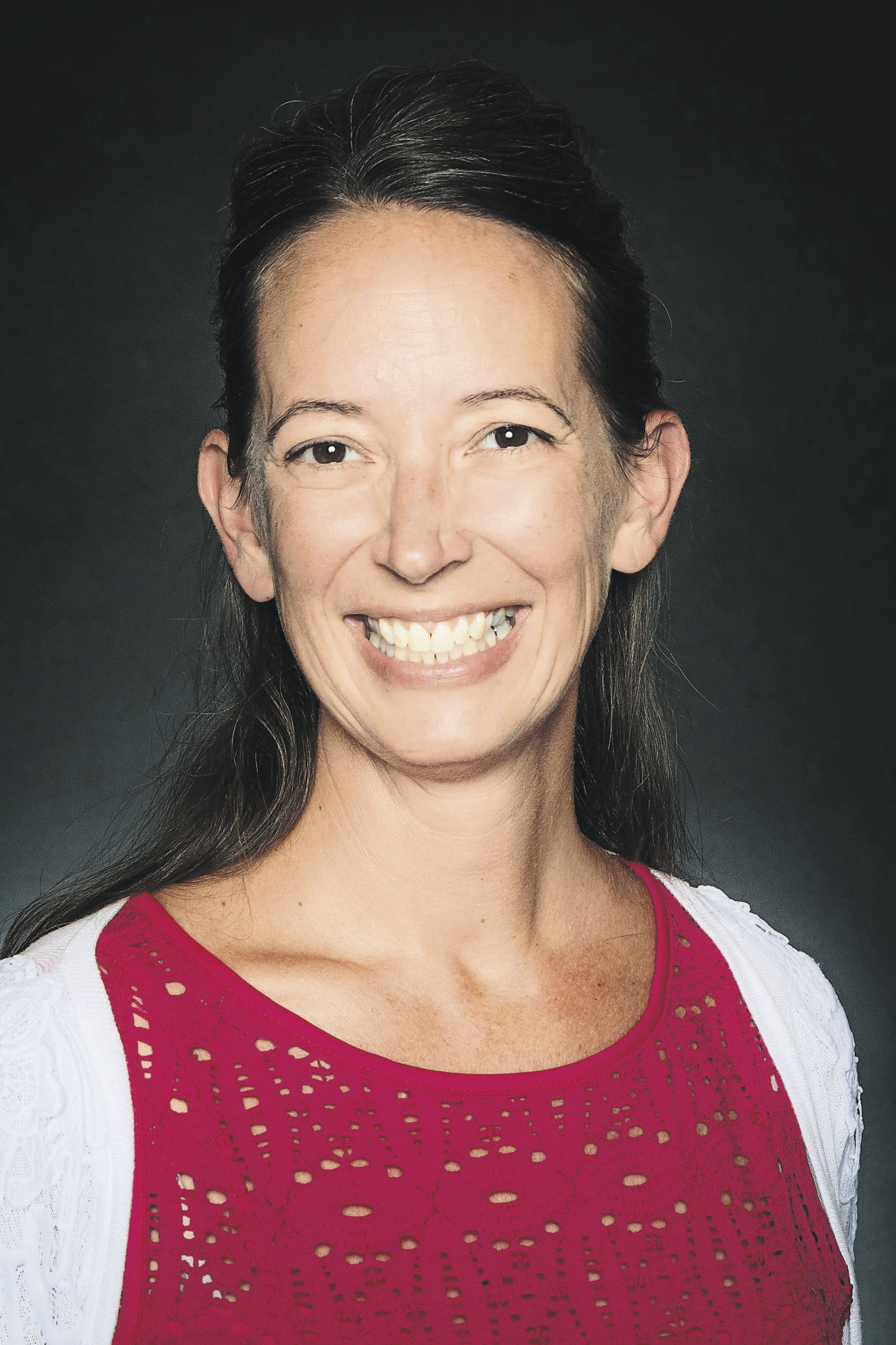
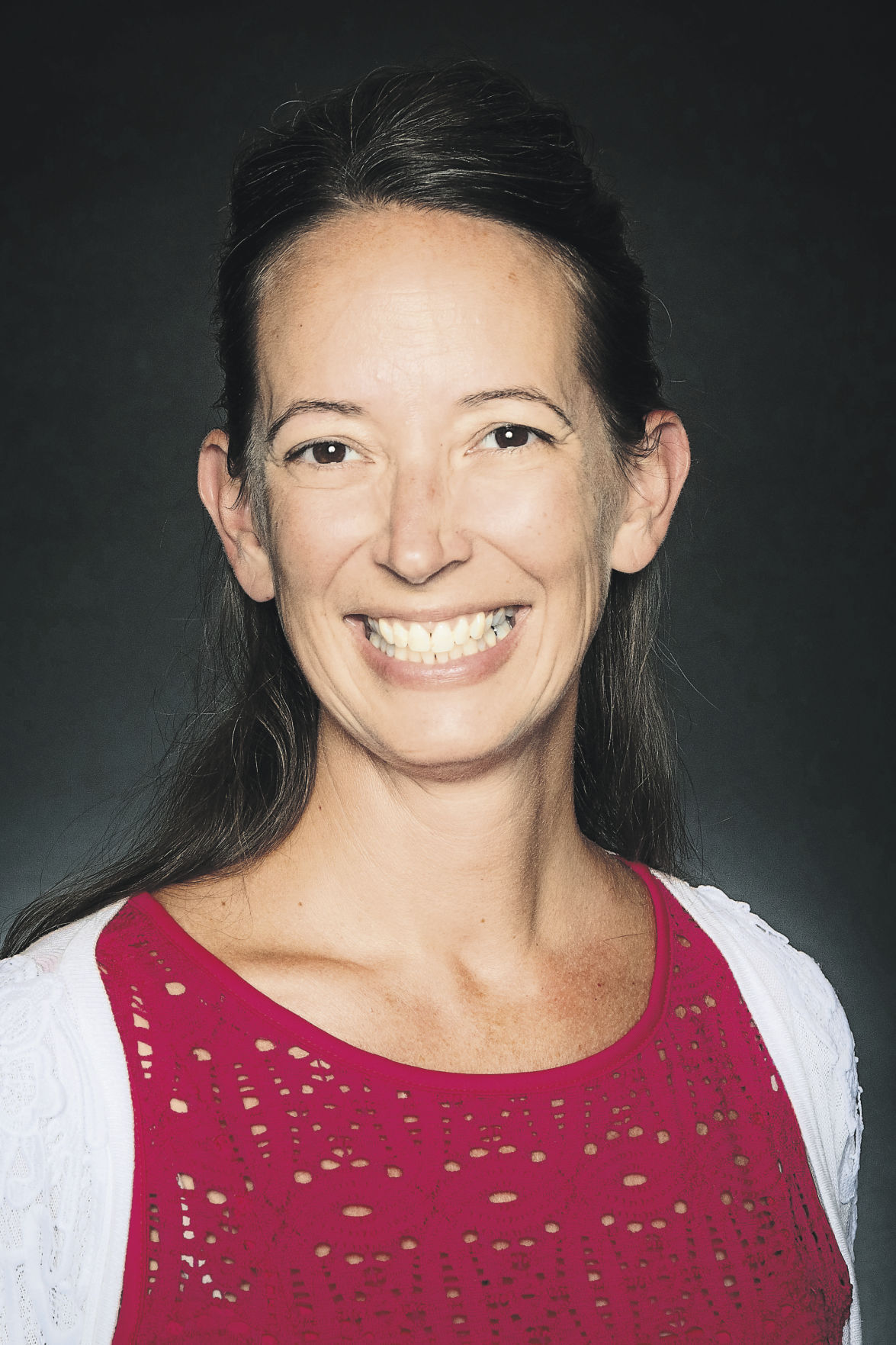
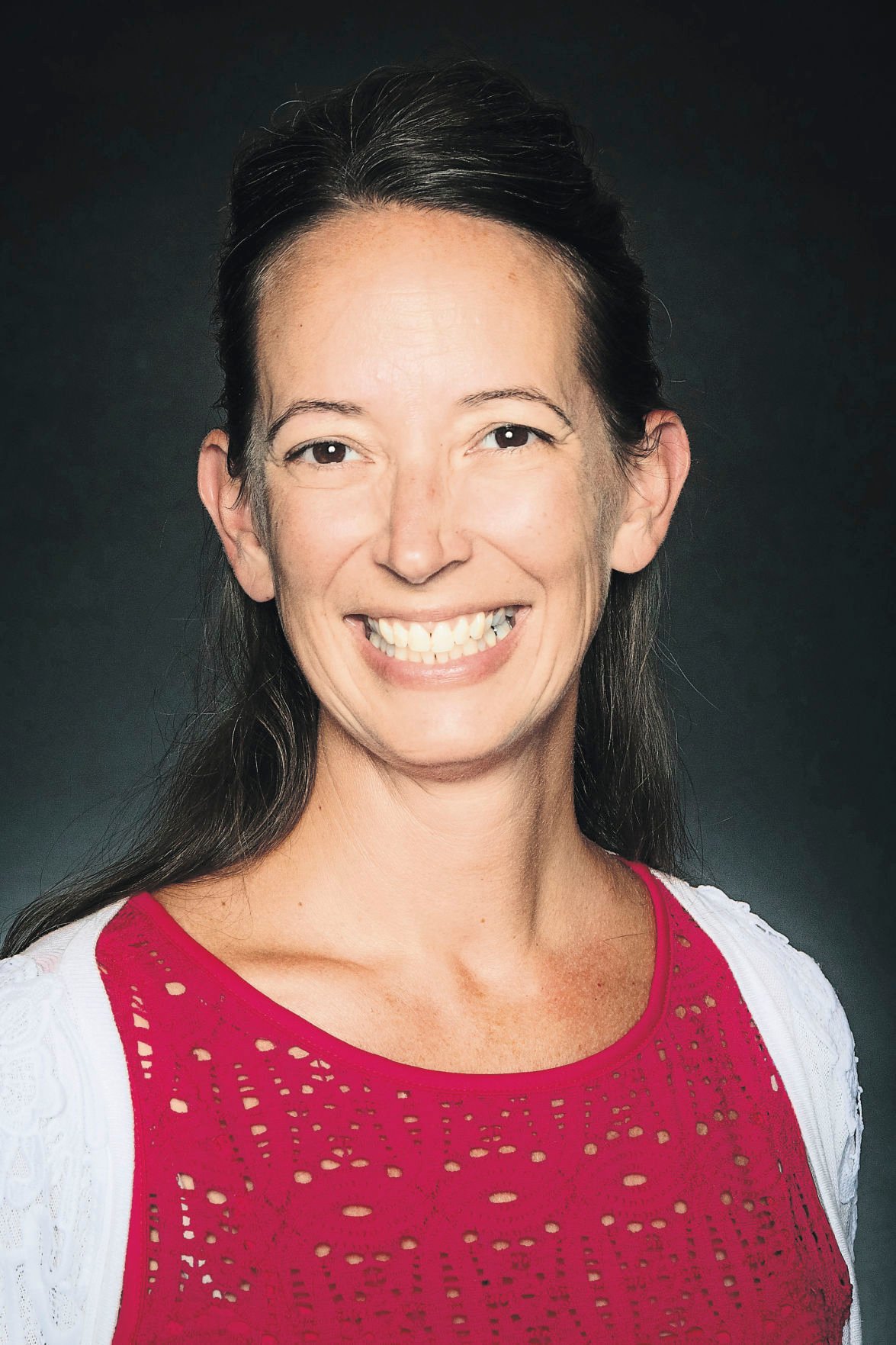
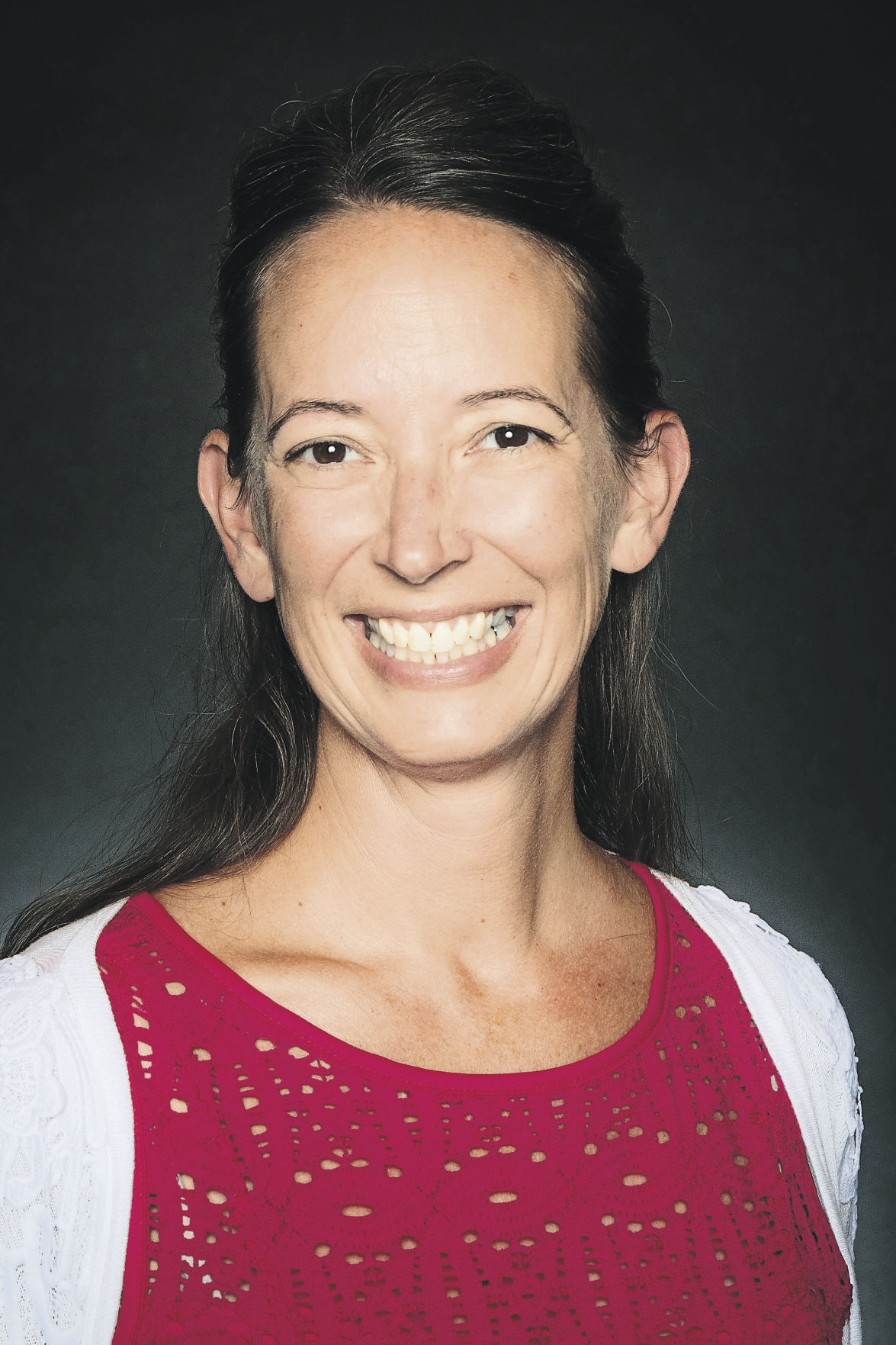
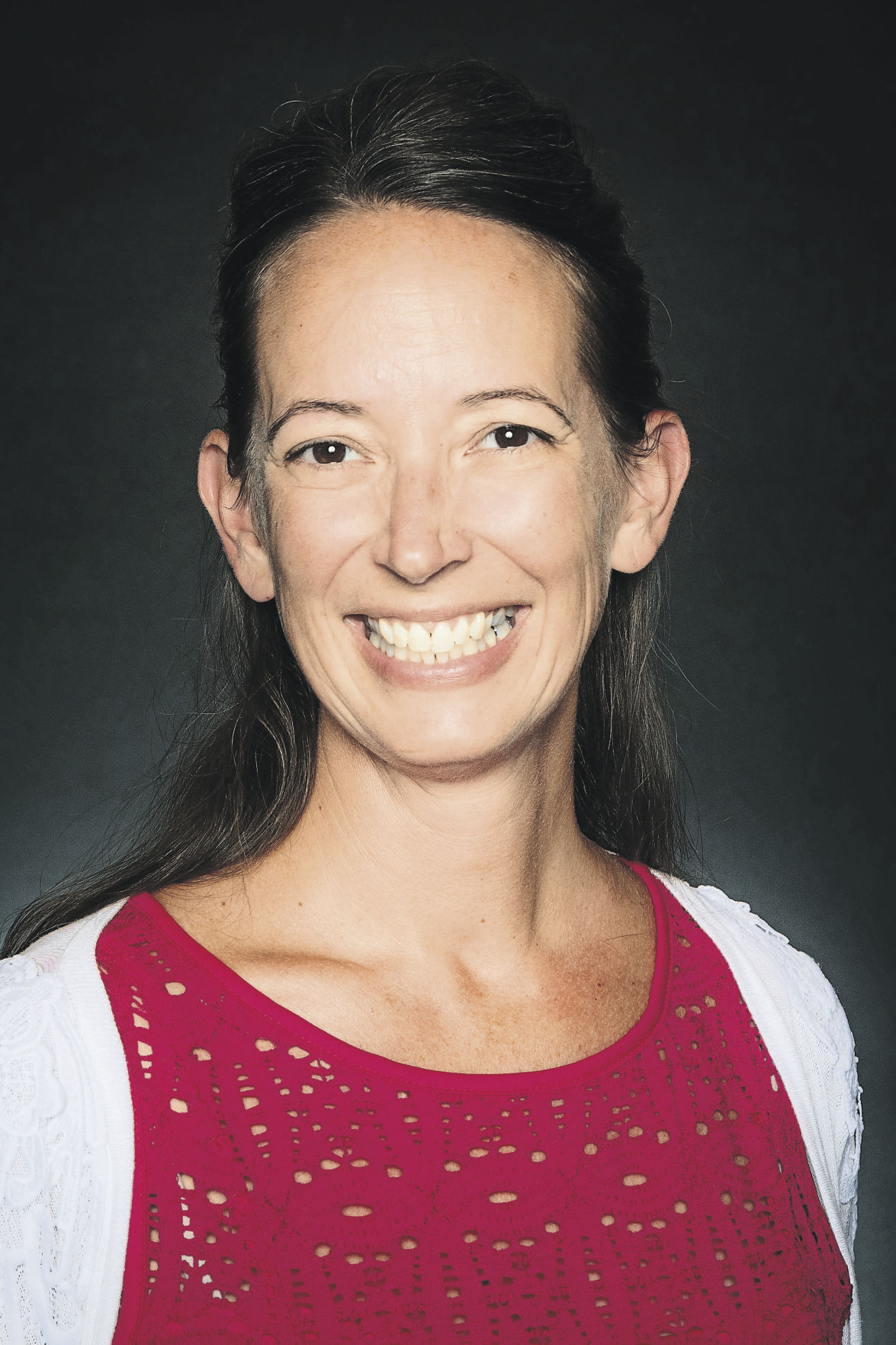
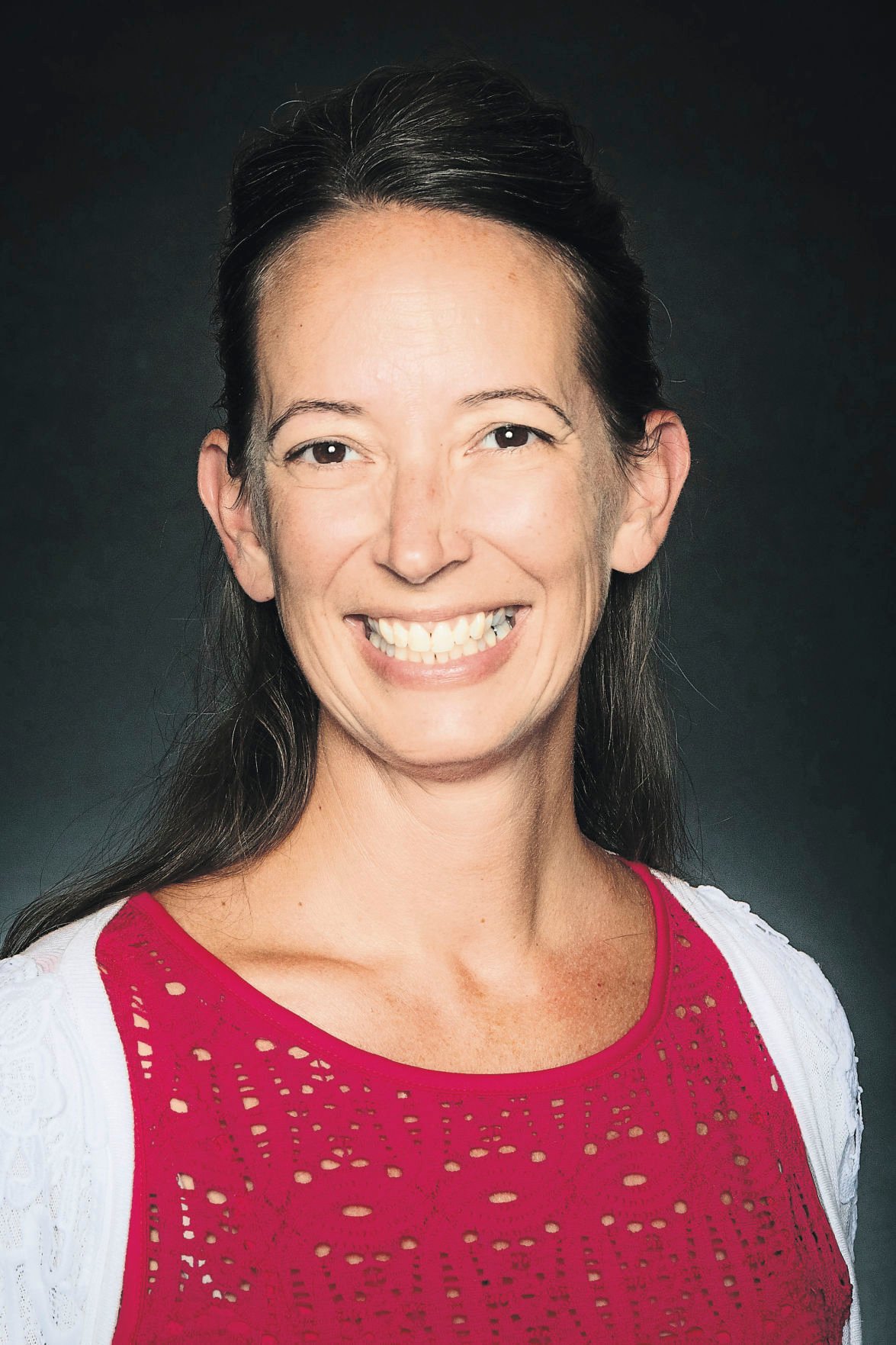
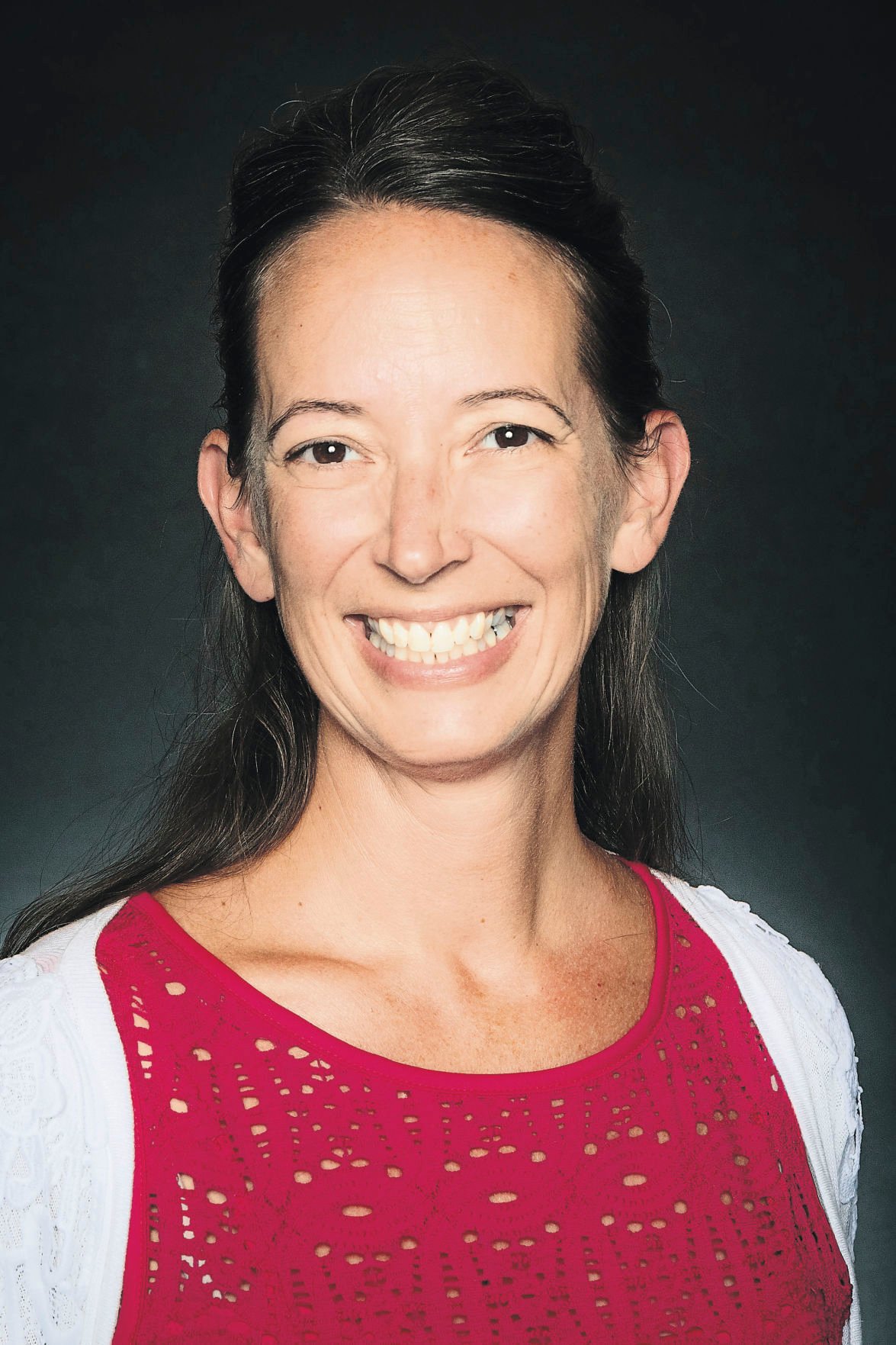
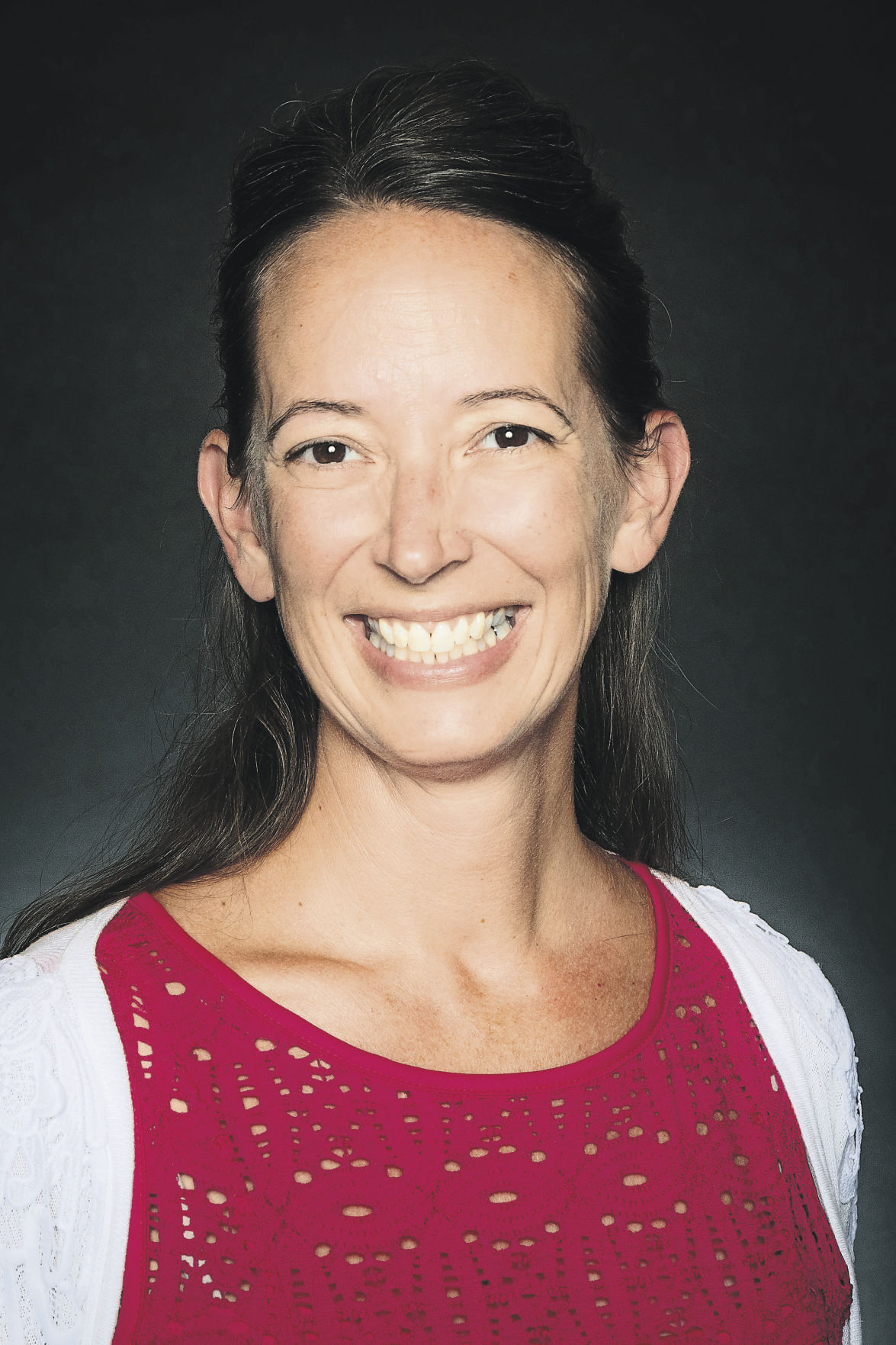
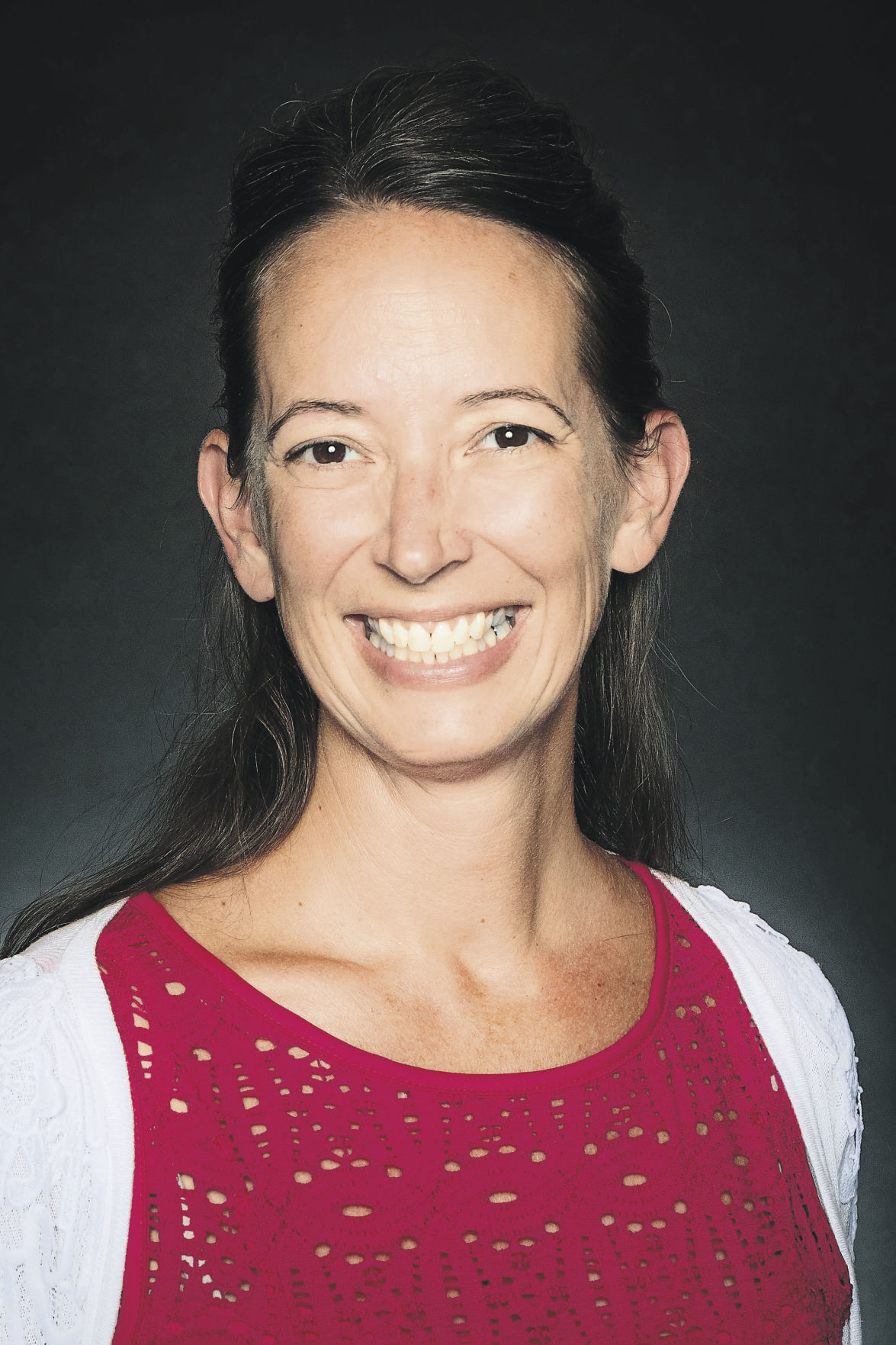
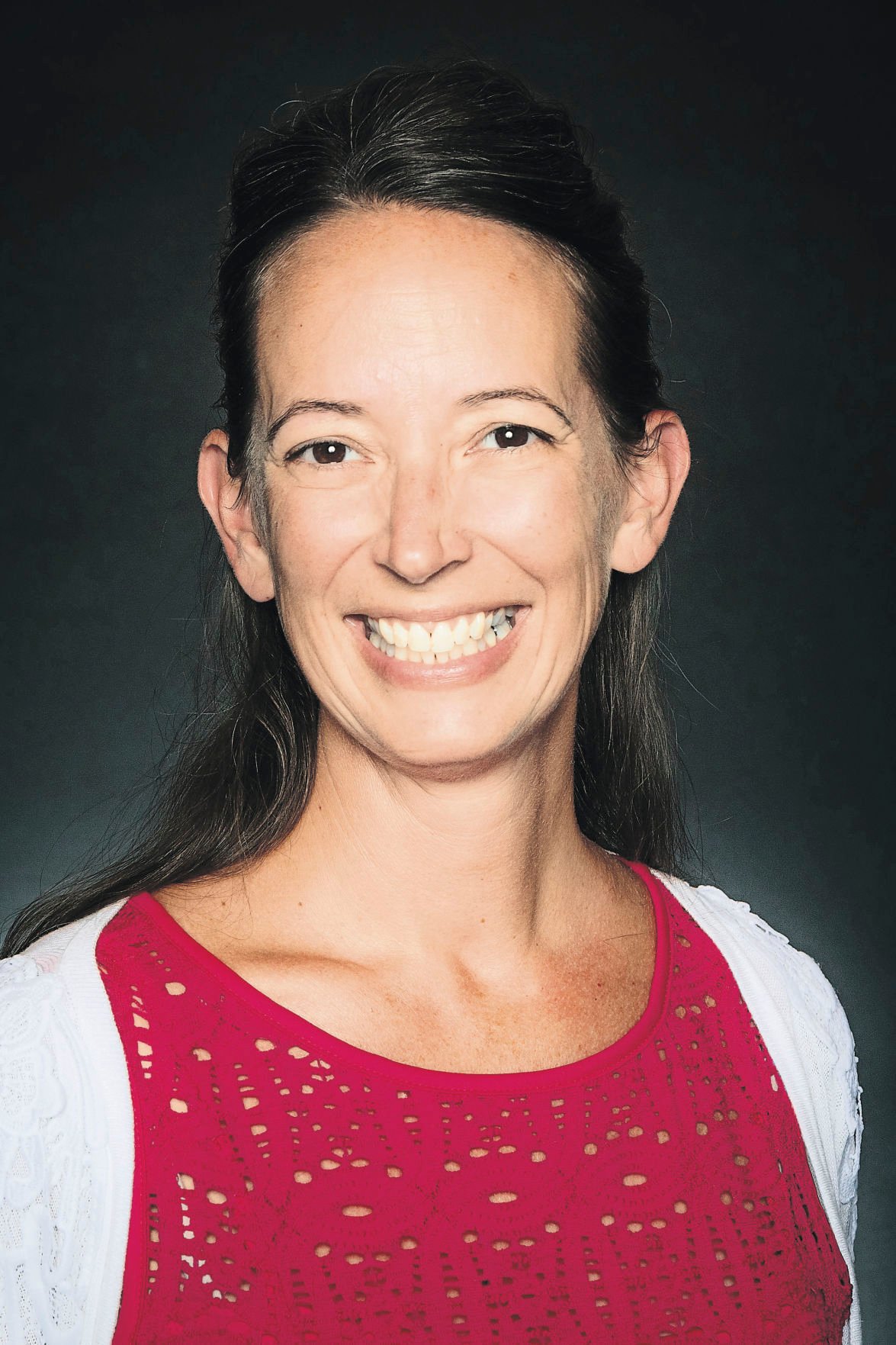
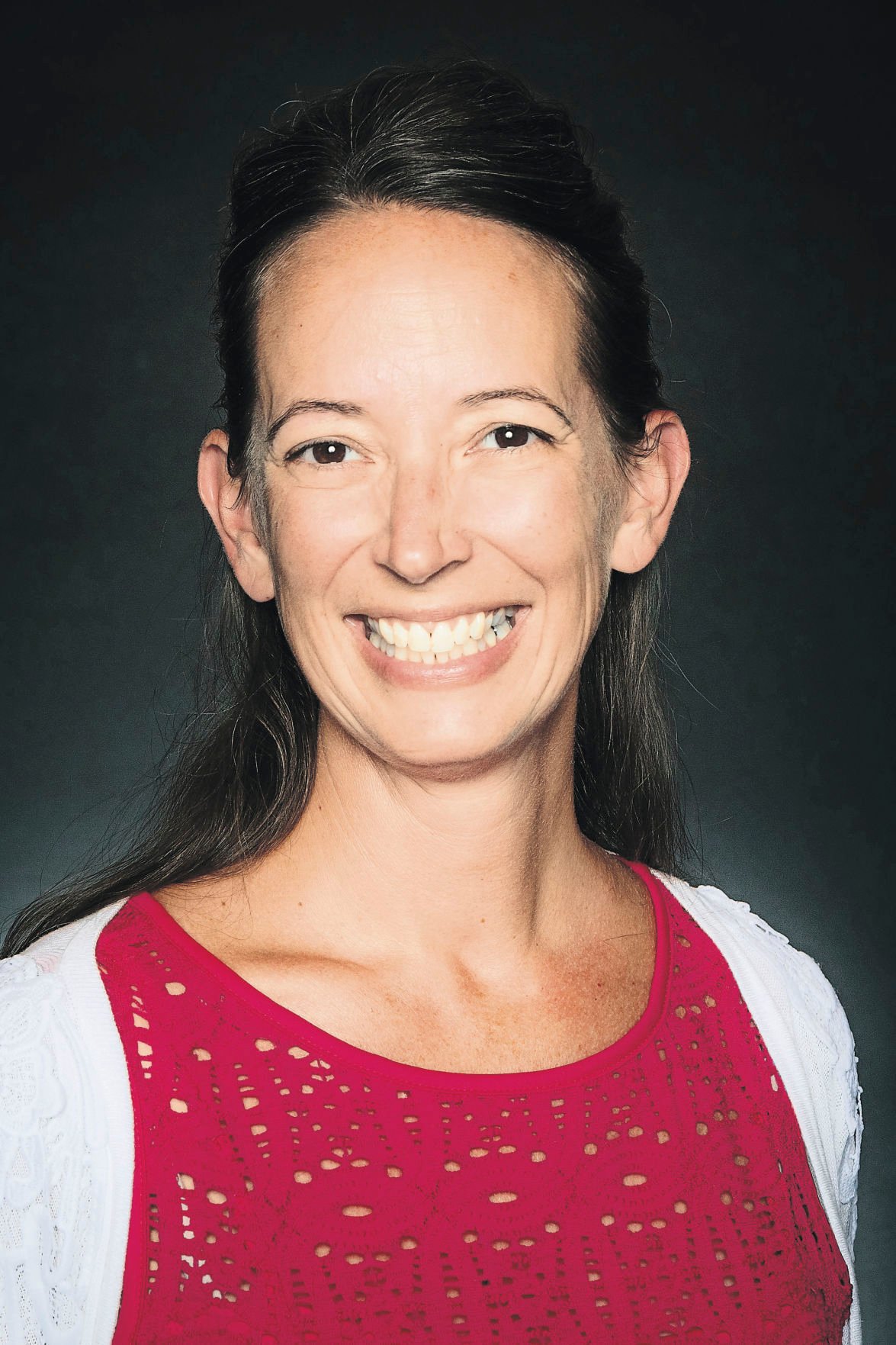
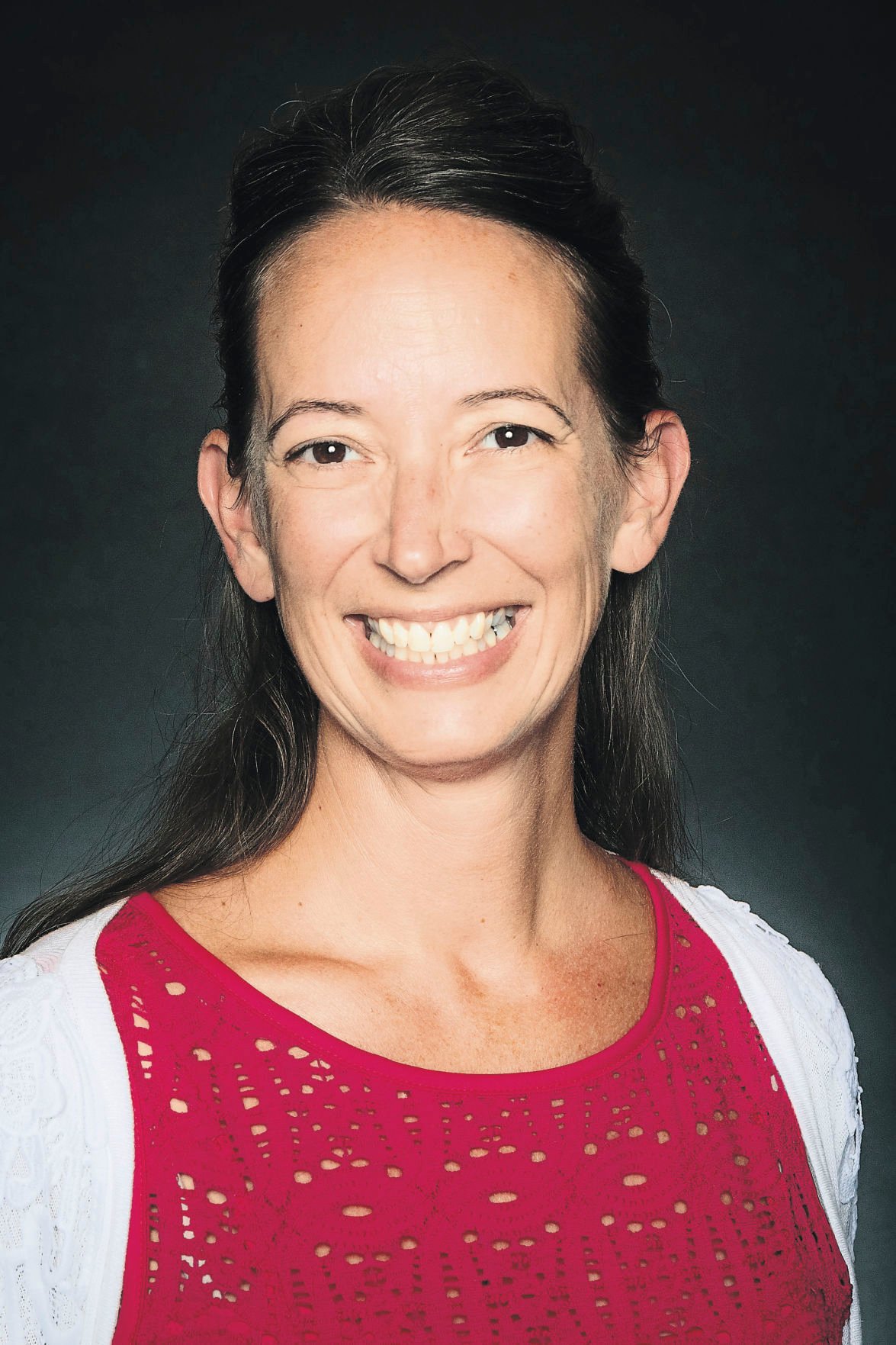
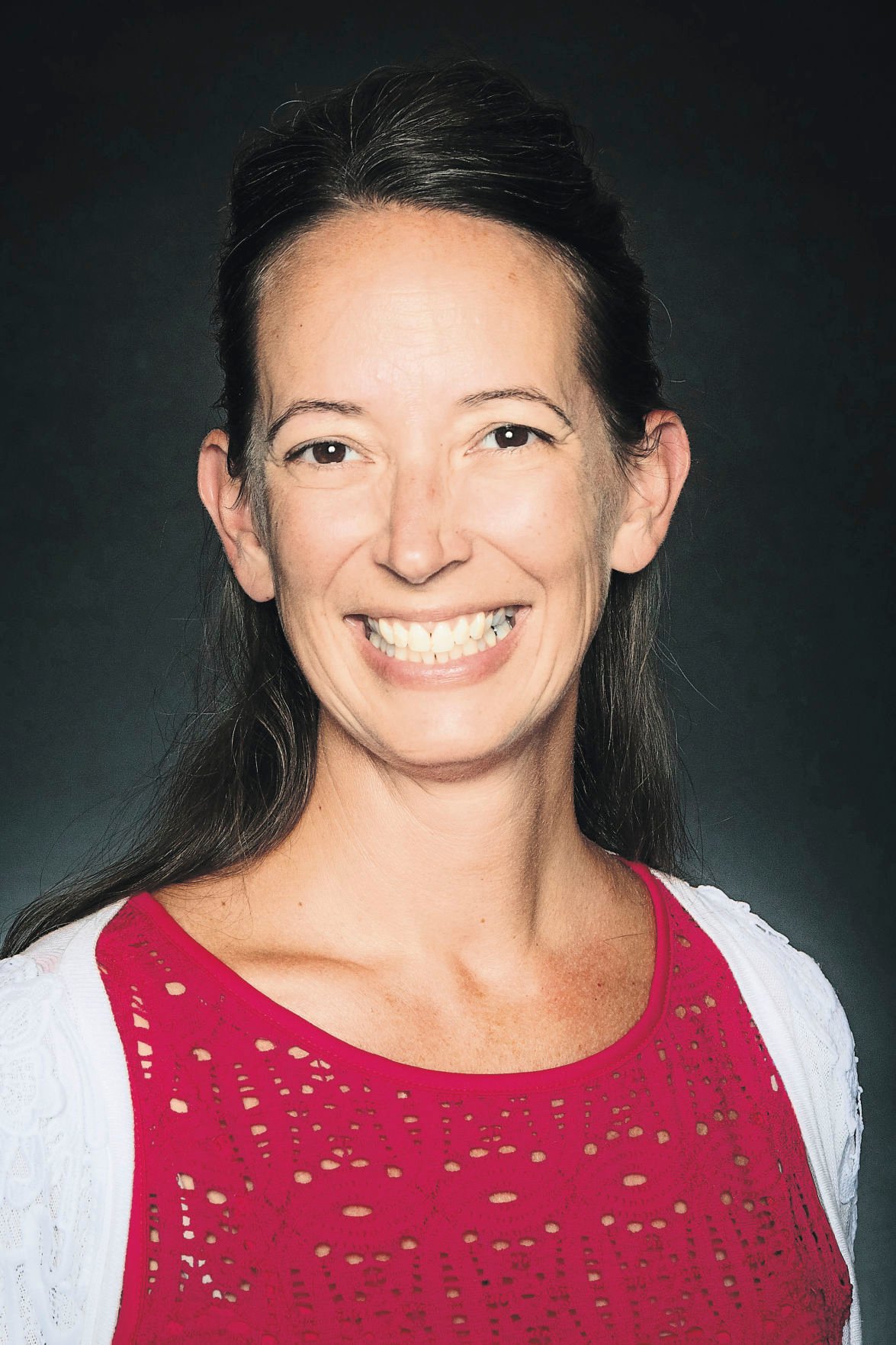
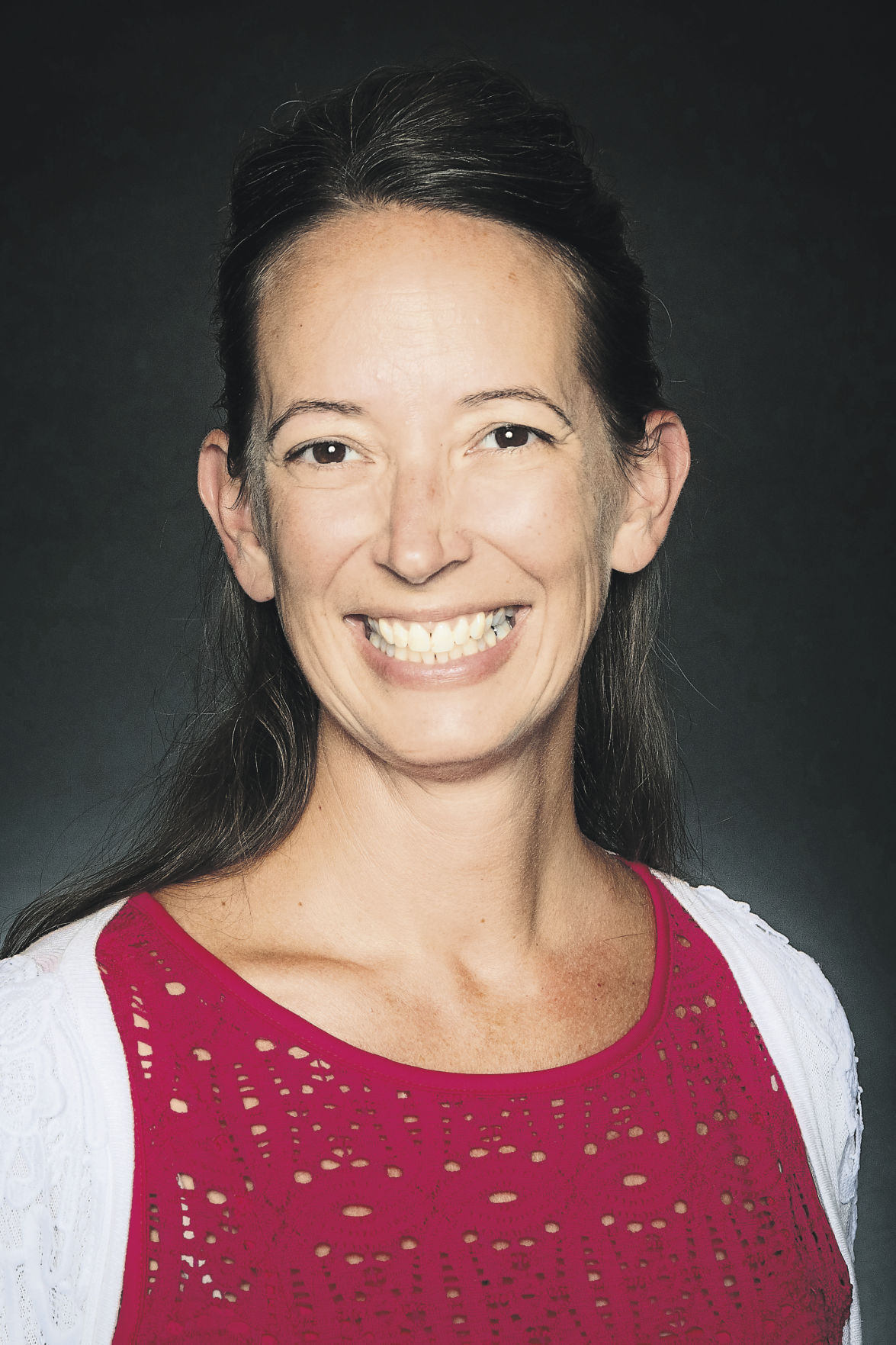
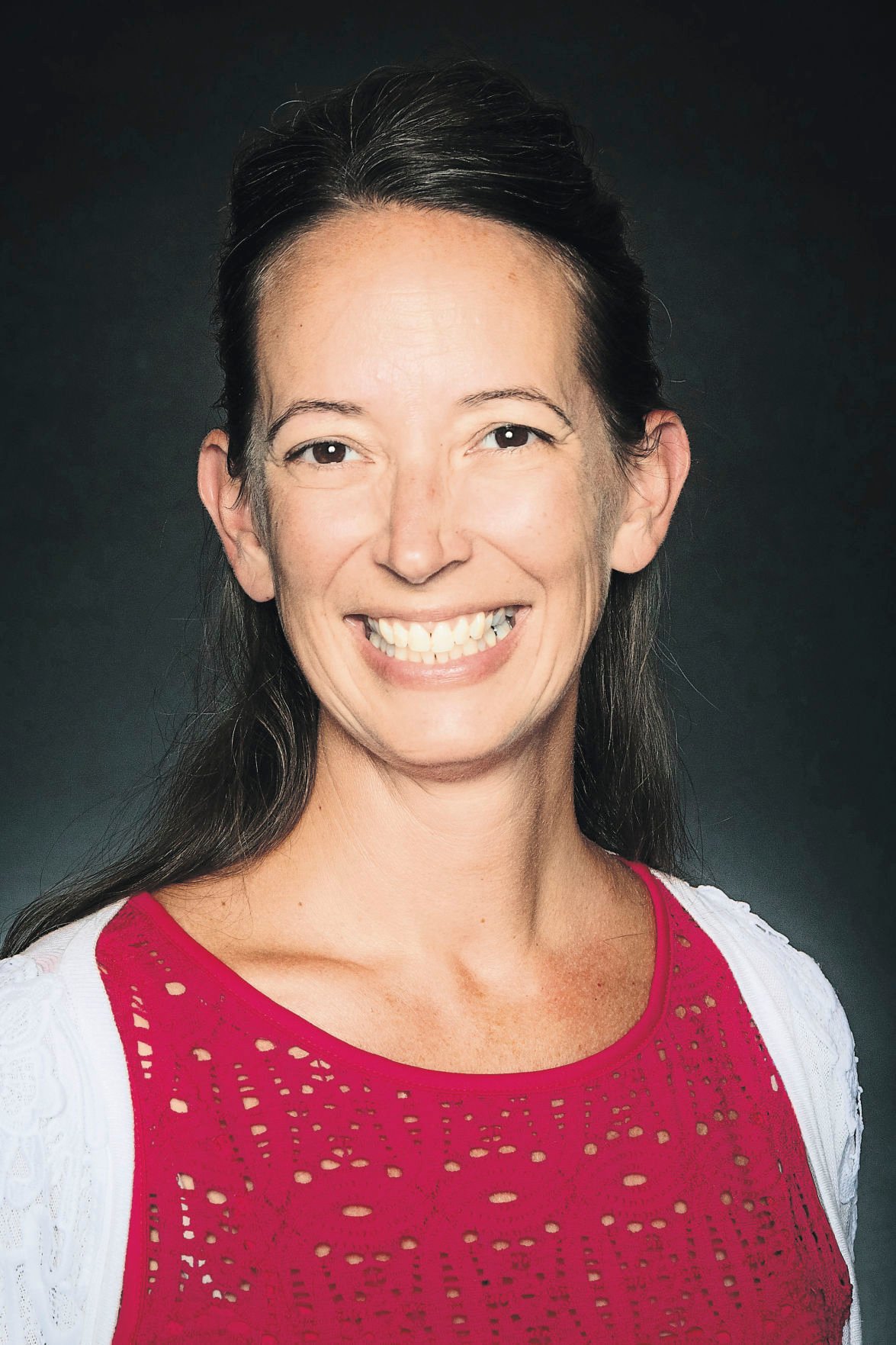
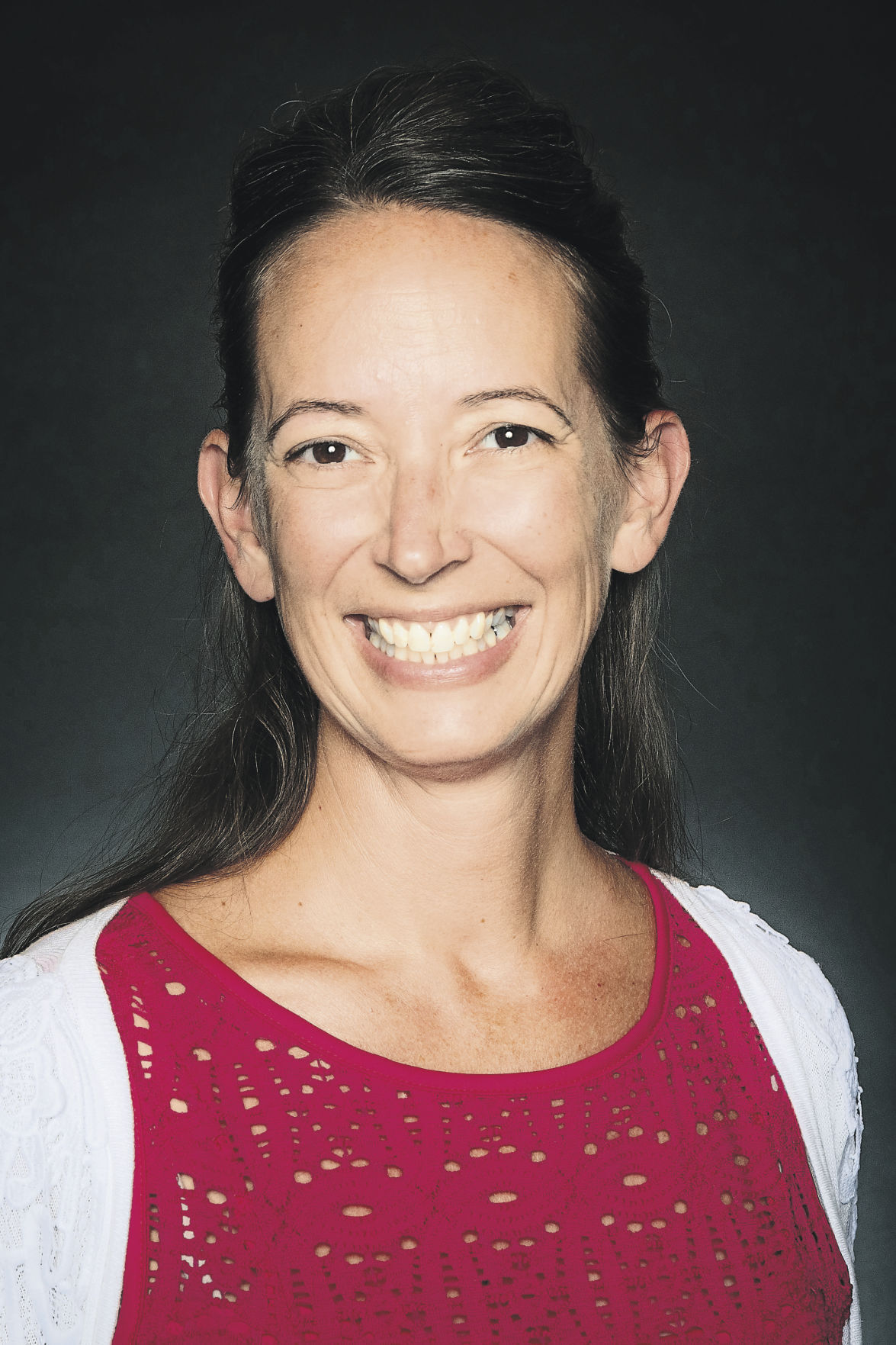
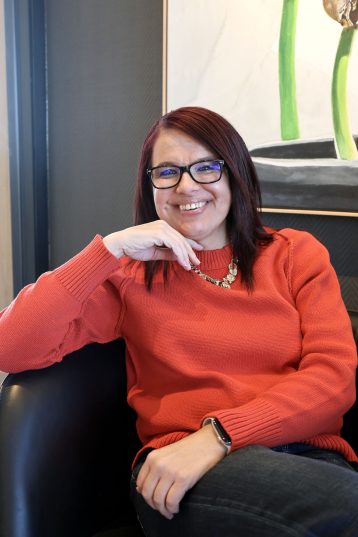

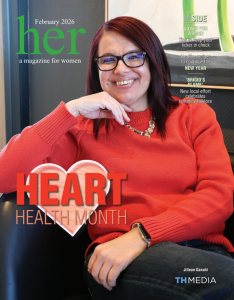










[…] You can also view this article online: https://www.herdbq.com/health-wellness/leadership-how-to-manage-secondhand-sadness/ […]